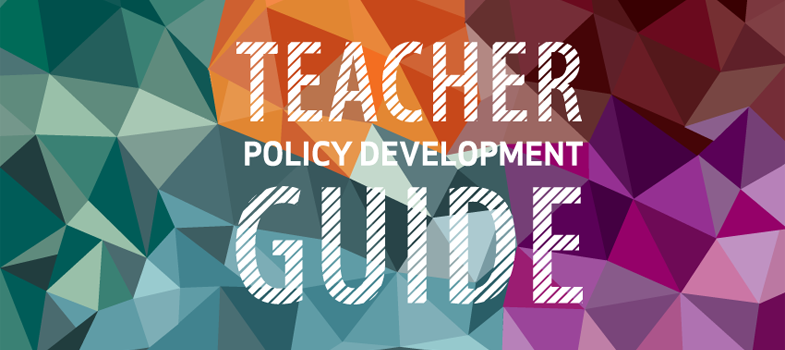2.3.2 UNESCO
UNESCO has prepared a GEQAF designed to strengthen the capacity of education ministries to analyse, diagnose and monitor the quality of their general education systems through a systemic approach and strengthened national leadership and ownership. The GEQAF contains sections on teachers and teaching set within the overall framework of development goals, desired outcomes, core processes, core resources and supporting mechanisms.
The sections on teachers and teaching cover:
- Teacher attraction, selection, recruitment, deployment and retention
- Teacher training
- Teachers’working conditions, salaries and incentives
- Management and utilisation of teachers
- Teaching processes, equity and effectiveness
- Teacher monitoring and support
- Conditions for teaching.
Together with technical support from UNESCO the GEQAF can be used to help establish teaching policy priorities as part of a diagnosis of the general education system.
UNESCO and the Senegal-based Pôle de Dakar (now part of the IIEP) have developed, published and applied a Methodological Guide for the Analysis of Teacher Issues (http://unesdoc. unesco.org/images/0019/001901/ 190129e.pdf). The Methodological Guide is designed and used in joint country missions as a diagnostic tool for teacher policy development and reviews of policy application in sub-Saharan African countries. The diagnostic missions involve national education ministries, agencies and stakeholders, supported by regional and international specialists. In addition to the general education context, the Methodological Guide contains chapters on teacher needs, education, management, recruitment, deployment, absenteeism, professional status, remuneration and careers, and the professional and social context of teaching.
As part of a regional project on teachers and in association with its member countries in Latin America and the Caribbean, the UNESCO Regional Bureau of Education for Latin America and the Caribbean (OREALC/UNESCO Santiago) has prepared a series of publications on teacher policy and practice, including a report, Background and Criteria for Teacher-Policy Development in Latin America and the Caribbean, in Spanish and English (OREALC, 2013 – http://www.orealc.cl/ wp-content/ blogs.dir/ 1/ files_mf/ politicasdocentesingles27082013.pdf [Tip: hold Ctrl and click a link to open it in a new tab. (Hide tip)] ). The report is broken down into two parts: the first is a ’state of the art’ overview of teachers and teachers’ organizations in the region, initial teacher training, continual training/ professional development, the teaching career and teaching policy institutions and processes. The second part proposes guidelines and criteria for policy development on initial and continual training, teaching careers, and teaching policy institutions and processes in the region. More recent publications (OREALC, 2014a and 2014b) produced through the project respectively include a review of country experiences and successful practices in these areas, as well as provide a series of diagnostic working documents with systematized regional information and comparative evidence in the main subject areas.
In the Arab Region, a Regional Teacher Policy Framework and Resource Pack was discussed at a regional workshop in December 2014 in Beirut, Lebanon, with a view to its finalization. The document is proposed as a framework for teacher policies in the region. It looks into the main assumptions, values and principles that underpin forward-thinking teacher policies and points to different policy levers that can help translate such policies into practice.
2.3.1 ILO and UNESCO
